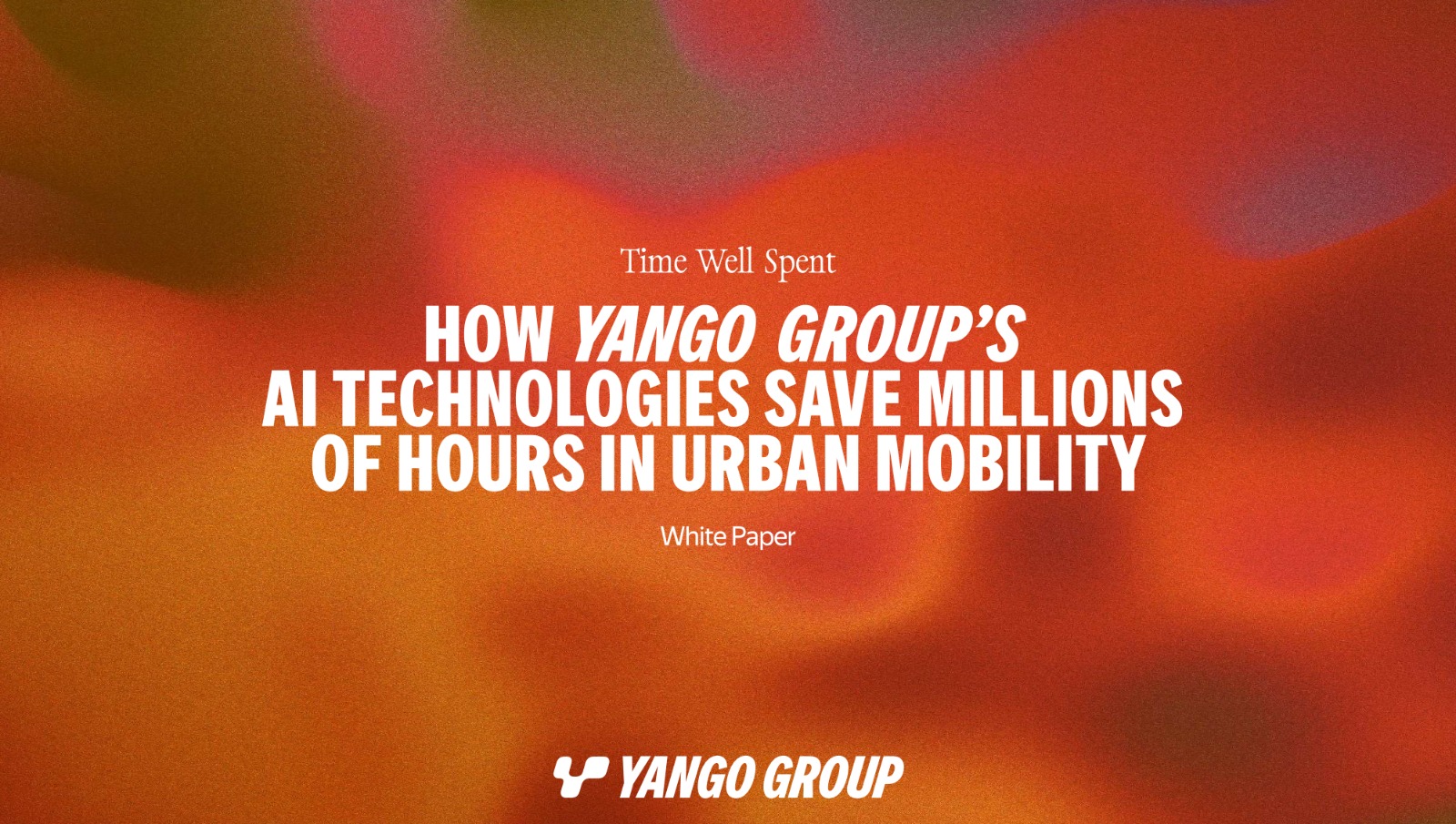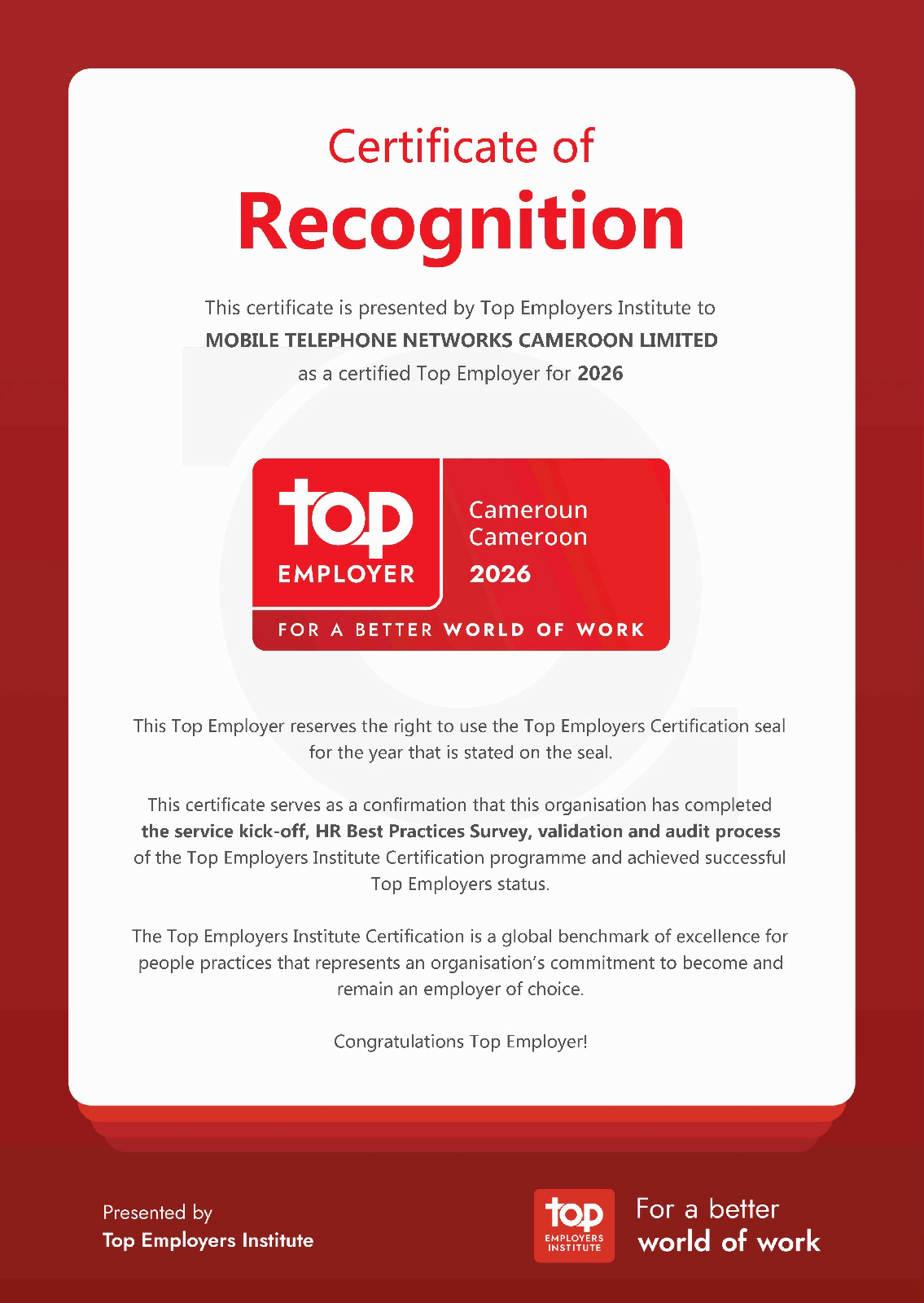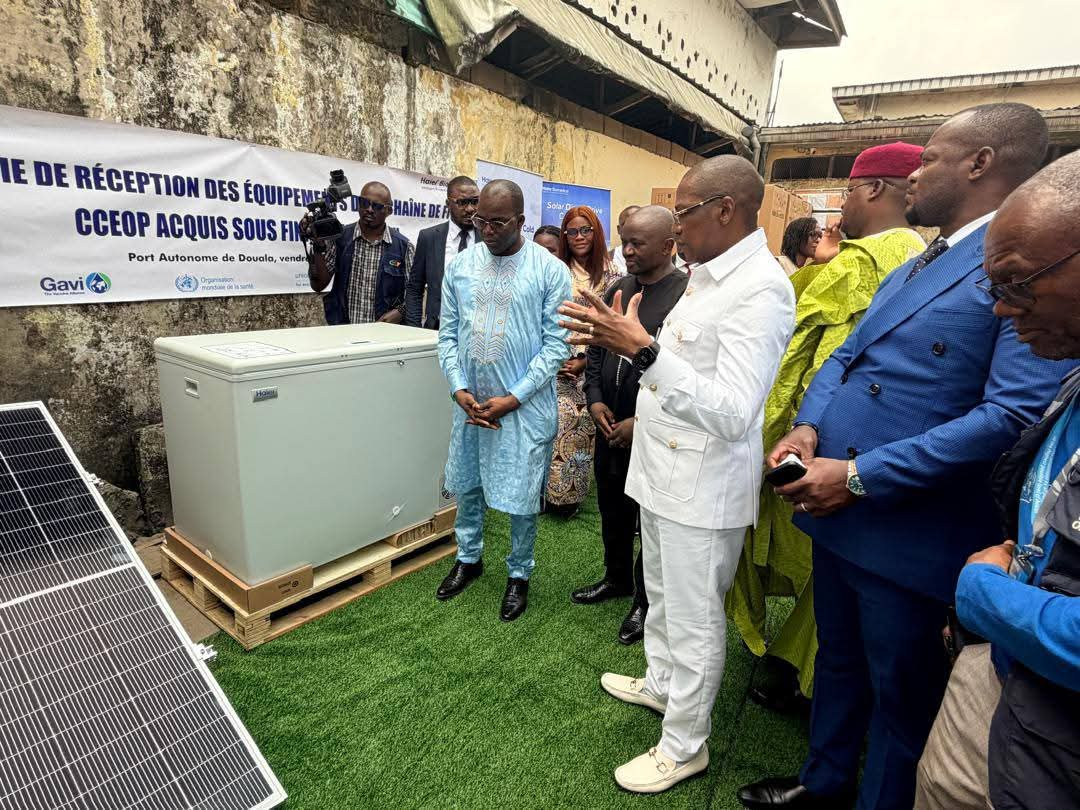In a report published on 20th December, the International Monetary Fund gave its assessment of the economic situation in Cameroon.
“Cameroon has remained resilient in the face of mounting external and domestic challenges. The ECF-EFF arrangements have supported the authorities’ efforts to maintain macroeconomic stability, promote growth, and advance long-standing reforms. While the medium-term outlook remains positive, the 12-month extension of the arrangements will provide more time to implement the policies and reforms envisaged in the programme in the event of additional external shocks,” said Kenji Okamura, Deputy Managing Director and Acting Chair. According to the International Monetary Fund‘s Extended Credit Facility and Extended Fund Facility Review, Cameroon’s economic recovery will continue in 2023 despite strong external headwinds.
Meanwhile, growth is expected to reach 4 percent in 2023, which is why inflation is projected to decelerate from 7.3 percent at end-2022 to about 6.2 percent by end-2023. The document further explains that Cameroon’s performance under the programme has been mixed, with the QPC on non-accumulation of external arrears breached due to small and temporary delays in two debt service payments. However, the authorities have made welcome progress in some key areas, including governance, public financial management and revenue administration. Continued implementation of corrective measures to address missed targets and accelerate reforms will be important.
In order to unlock Cameroon’s high growth potential, Kenji Okamura explains that the government needs to implement some structural reforms: “Further steps are needed to improve the business climate, including by strengthening the stability and inclusiveness of the financial sector; these efforts should be accompanied by strong measures to strengthen governance, transparency and the anti-corruption framework, including the AML/CFT framework. The publication of the Governance Diagnostic Report is an important step forward. Additional space for productive investment and social spending needs to be created through increased non-oil revenue mobilisation, enhanced investment efficiency, improved public financial management and the gradual phasing out of fuel subsidies, while mitigating the impact on vulnerable groups. Improving cash management and limiting spending through exceptional procedures will also be crucial.”



